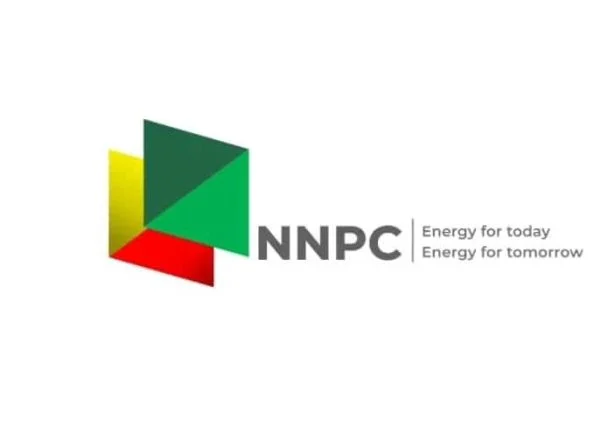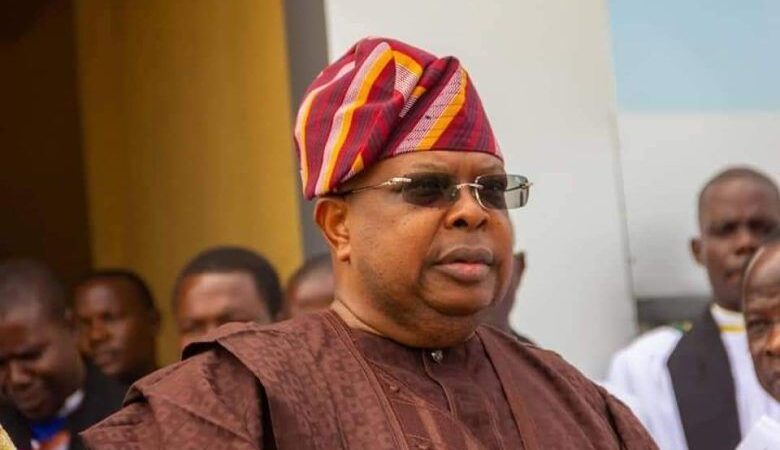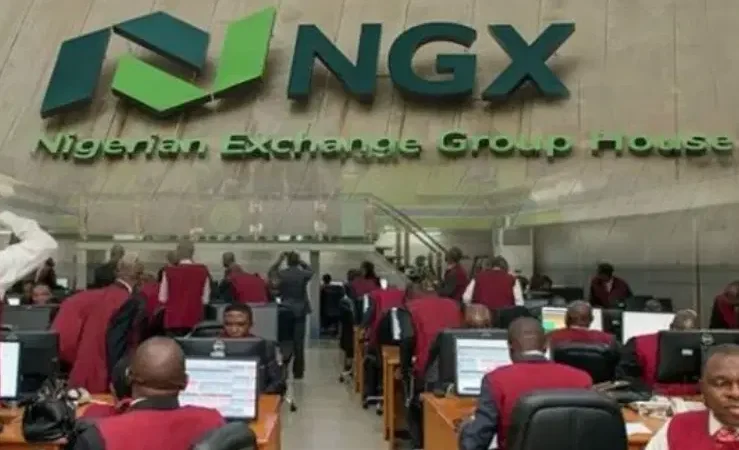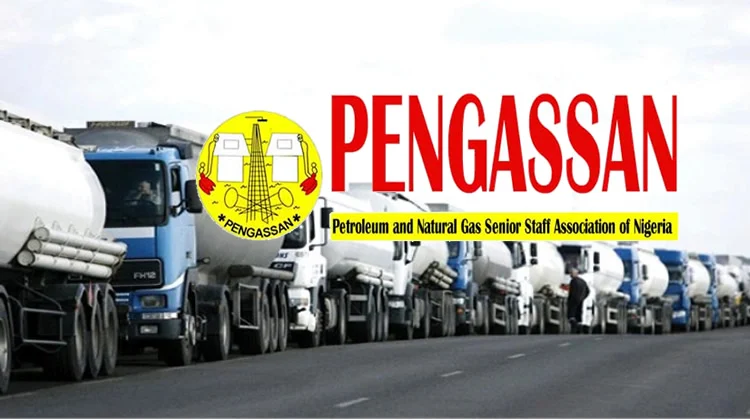Stakeholders seek stricter regulation for livestock industry expansion
 Stakeholders in Nigeria’s livestock sector have called for stronger regulation of industrial livestock farming to protect public health, the environment, and smallholder farmers, as the Federal Government pursues new partnerships to boost food production and job creation.
Stakeholders in Nigeria’s livestock sector have called for stronger regulation of industrial livestock farming to protect public health, the environment, and smallholder farmers, as the Federal Government pursues new partnerships to boost food production and job creation.
In a statement on Friday, co-founder of Sanuvia, Ainde Daniel, said the initiative was driven by the urgent need to ensure proper regulation in the livestock industry.
“Sanuvia is an initiative that was born from the urgent need to ensure that there is proper regulation in the livestock industry,” he said.
Daniel explained that Nigeria’s livestock industry is rapidly expanding, citing the creation of the Ministry of Livestock Development and the planned entry of a global meat processor into the country.
While welcoming the potential for employment and improved livelihoods, he expressed concern about the risks that such expansion poses.
“We all know that the livestock industry in Nigeria, for example, is kind of expanding, which is very evident in the attempt or the new development of the Ministry of Livestock Development, and also the new expansion plan of JBS into Nigeria. We observe that this expansion, when it occurs, promises job creation and improvement of livelihood. However, we are concerned about the risk that is posed as a result of this expansion,” he said.
According to him, these risks include “public health, risk of zoonotic disease, antimicrobial resistance, and also for the environment, like environmental degradation.” He also raised concerns about the implications of industrial expansion on smallholder farmers, asking, “Will they be well in business or will there be competition?”
Daniel said the goal of the Sanuvia initiative is to promote collaboration among all stakeholders and ensure that factory farming is properly regulated.
“So our major focus is to ensure that we foster collaboration within every stakeholder to ensure that stakeholders or ministries are not working in silos. There is proper collaboration,” he explained.
He added that “there should be regulations that safeguard public health, environment, and animal welfare. Also, to safeguard smallholder farmers as well.”
Daniel expressed optimism that the stakeholder dialogue would lead to actionable outcomes.
“Yes, we are very positive that after this gathering, we will do a proper follow-up to ensure that we don’t just end here or just discuss and leave. We will also follow up to ensure that it results in an action. We are very positive about it because we have high-level stakeholders being represented,” he said.
He listed some of the participating institutions as “the Ministry of Livestock Development, NAFDAC, and the Standards Organisation of Nigeria,” as well as smallholder groups.
“We are positive that through our work, we want to be different to ensure that we are an initiative that wants to solve this problem at hand and not otherwise,” Daniel said.
Also speaking, representing the Federal Ministry of Livestock Development, Department of Quality Assurance and Certification, Ilya Yohana explained that animal welfare had become a top priority under the new ministry.
Yohana disclosed that the Minister had inaugurated a National Committee on Animal Welfare in Transit to address the transportation of animals, one of the ministry’s earliest concerns.
“It has been an issue. So, in the inclusivity of our leaders, the minister inaugurated a national committee on animal welfare in transit. And we had a meeting, open meeting,” he said.
He added that sensitisation efforts were ongoing and stressed the importance of educating farmers.
“The greatest thing that we will do now is, when we start this work and when we reach a certain level, sensitization has to be strengthened. So that everybody will know that animal welfare is important. Because an animal that is bred under good welfare has meat that is tastier,” he said.
On his part, co-founder of Sanuvia Projects, Fashipe Isaac Babatunde, urged the government to take animal welfare and sustainable livestock practices seriously as the country embraces industrial-scale farming.
“We are expecting the government to collaborate with us and also to ensure that the work we are working on, they take it seriously. In terms of mitigating the negative impact of industrialized farming in Nigeria. And also towards prioritizing animal welfare,” he said.
Babatunde warned that neglecting animal welfare could harm public health and the environment.
“We want the government to take it seriously to ensure that while we are upstarting the progress of the country in terms of creating jobs, increasing GDP, we must also prioritize the welfare of animals that are produced within the livestock sector. And not only on maybe income only,” he added.
He noted that improving animal welfare would ultimately boost farmers’ income and help prevent disease outbreaks.







